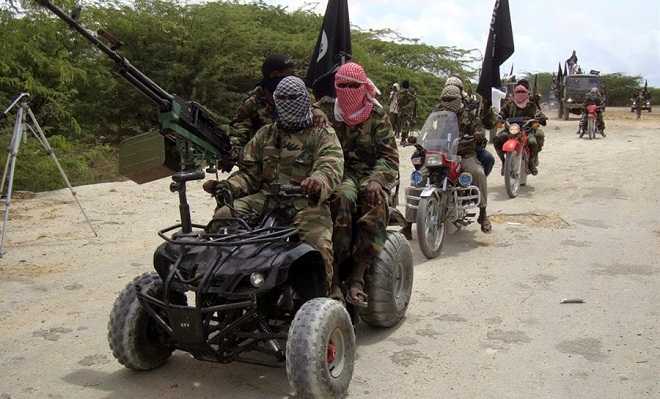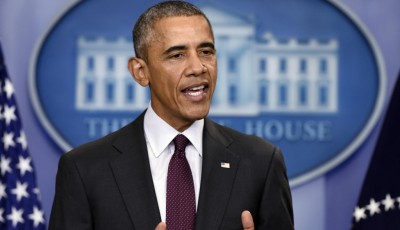Nigerian leader calls for sacrifices to end scourge of Boko Haram
“Boko Haram, in just matter of days, we will end their activities… very soon God’s willing”, he said.
Buratai spoke yesterday morning in Maiduguri in a special Hausa and Kanuri programme of FM Radio Lafiya (Radio Peace) on how to “crush and end” Boko Haram insurgency in the country.
“What we solicit from Borno citizenry was their full cooperation with troops of the Nigerian Army by providing them with credible information that could lead to the “complete destruction” of Boko Haram hideouts and cells”, Buratai said.
Two Nigerian soldiers were killed by land mines as they advanced towards the northeastern town of Dikwa in Borno state, the army said on Friday. The troops are now doing clearance operations in the general area.
It could be recalled that even the General Officer Commanding 7 Division, Nigeria Army Major General Lamidi Adeosun was ambushed by the same terrorists before soliders moved in last week to clear the area.
The statement explained how some troops escaped landmines along Dikwa Road in the same state.
He also said the military lost an armored personnel carrier in the explosion.
The statement by Colonel Sani Kukasheka Usman, the Acting Director Army Public Relations, read, “The bodies of the two gallant soldiers have been evacuated, to the rear, while the other two wounded soldiers have also been evacuated and are receiving treatment at the military hospital”.
The soldiers in advance however subdued the terrorists by killing five of them and arresting five others, who surrendered their arms.
The insurgency has already stoked an escalating humanitarian crisis in the region around Lake Chad. “People are living without proper shelter, and do not have access to food or clean drinking water”.
An estimated 80 to 200 Boko Haram fighters are in the Libyan city of Sirte, according to Nigeria analyst Jacob Zenn, in The Sentinel magazine of the Washington-based Jamestown Foundation. In neighboring Niger, refugees and displaced people face food shortages and an increase in waterborne diseases as the conflict compounds a fragile humanitarian situation, MSF said.












